-Scholars and Experts:
- Control over technology is now one of the most critical levers of influence in the new global order
- International cooperation is essential to regulate AI and avoid geopolitical tensions
- Nations are increasingly competing for control over data, digital infrastructure, and major tech platforms
Concluding its research tour in Canada, TRENDS Research & Advisory, through its Canada Office, hosted an international conference titled “Techno-Geopolitics: The Position of Technology in Shaping International Relations”. The event was held at the École de technologie supérieure (ÉTS) in collaboration with the University of Montreal, and was supported by the ACFAS Congress and UNESCO.
Participants, including academics, researchers, and experts, agreed that control over advanced technologies, particularly AI, has become a critical lever of global influence and leadership. They emphasized that technology is reshaping regional and international power dynamics.
They highlighted that AI governance must be approached collaboratively to avoid deepening global divides and escalating geopolitical tensions. As digital technologies become new tools of power, nations are racing to dominate data ecosystems, digital infrastructure, and tech platforms.

Rewriting the Rules of Influence
The conference opened with remarks by Hamad Al-Hosani, Senior Researcher and Head of Political Islam Studies Section at TRENDS. He underscored the urgency of the conference’s theme, techno-geopolitics, and the growing intersection between technological advancement and geopolitical power. He noted that the world has entered an era where technological supremacy is a decisive factor in global influence.
Al-Hosani called the event an opportunity to reflect deeply on the impact of technological shifts in global politics, including how new technologies are being used in modern warfare, their effects on digital sovereignty, national security, and world economies, and their role in reshaping the global digital public sphere.
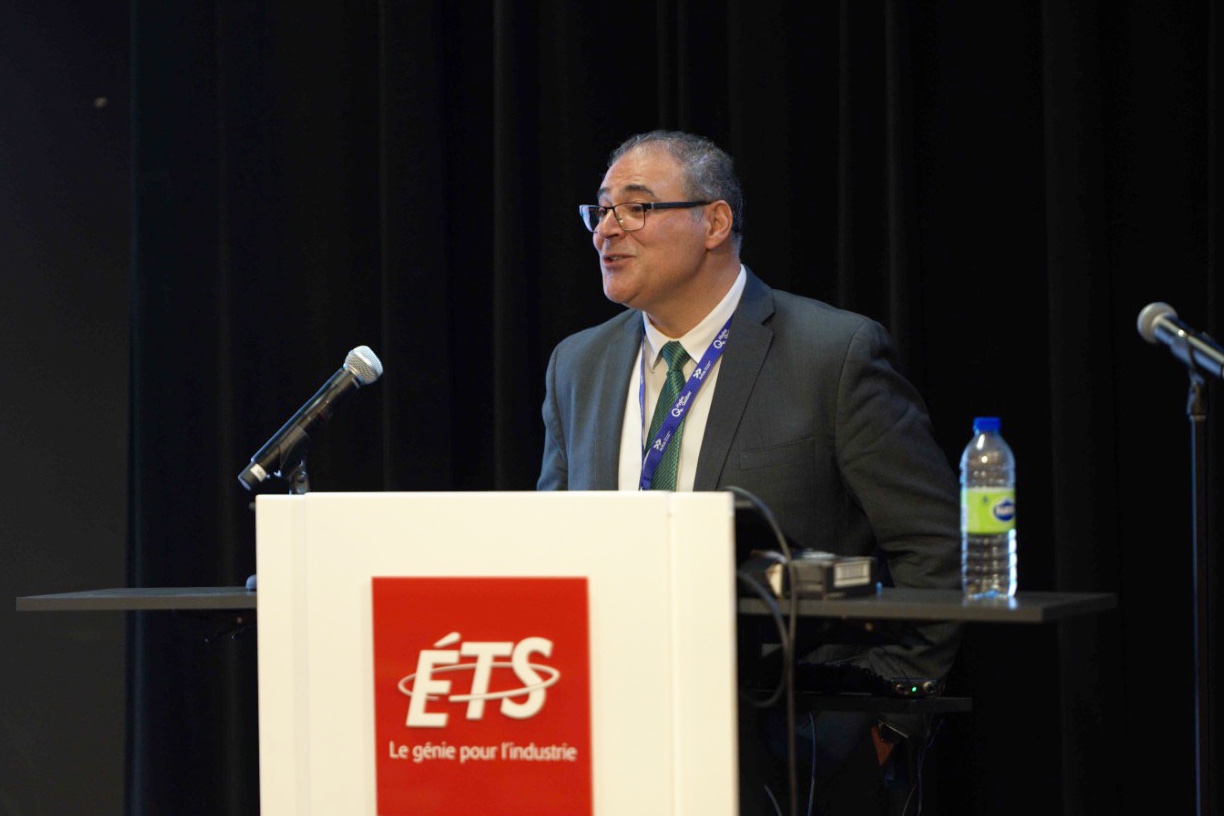
Shifts in International Relations
The first session, titled “Transformations in International Relations Driven by New Technologies”, was moderated by Dr. Wael Saleh, Political Islam Advisor and Director of TRENDS’ Canada Office. Dr. Ophélie Coelho from Paris Panthéon-Assas University examined how technology is redefining the balance of power at the regional level, especially in critical digital domains like telecommunications and data infrastructure.
She explained that technological control over digital infrastructure generates structural inequalities between the Global North and South, exposing African countries to subtle pressure from external actors. Digitization, therefore, does not merely connect continents; it redraws the lines of geopolitical division, prompting a fundamental rethinking of sovereignty and digital governance strategies.
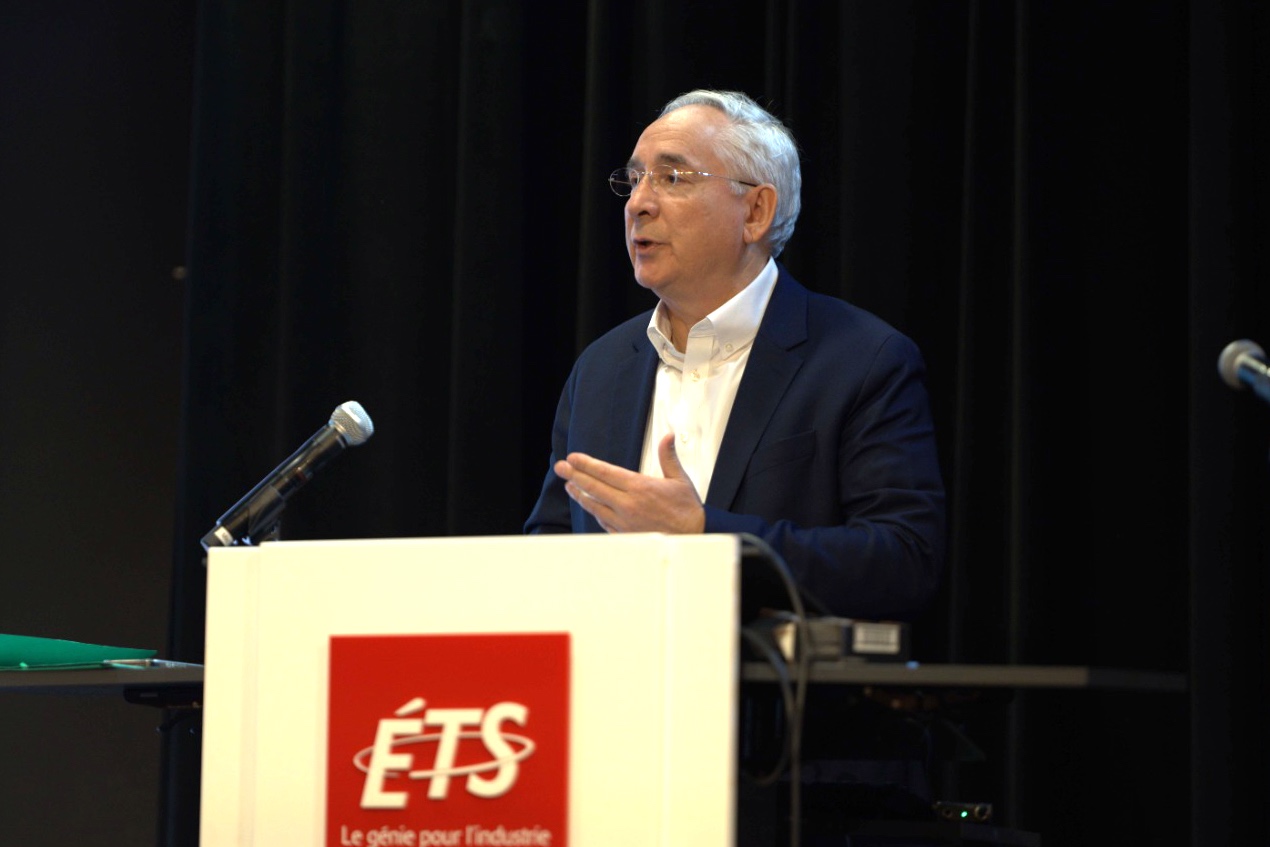
Google’s Growing Influence
Dr. Charles Thibout, from the European Center for Sociology and Political Science, highlighted the growing influence of Google in U.S. foreign policy through its cooperation with federal institutions on AI, cybersecurity, and tech diplomacy. While Google benefits from U.S. government protections, its commercial goals can sometimes clash with Washington’s foreign policy agenda.
Thibout noted that the blurring of lines between state and corporate power is reshaping global diplomacy, with tech companies playing central roles in geopolitical strategy, prompting a rethinking of concepts like digital sovereignty.
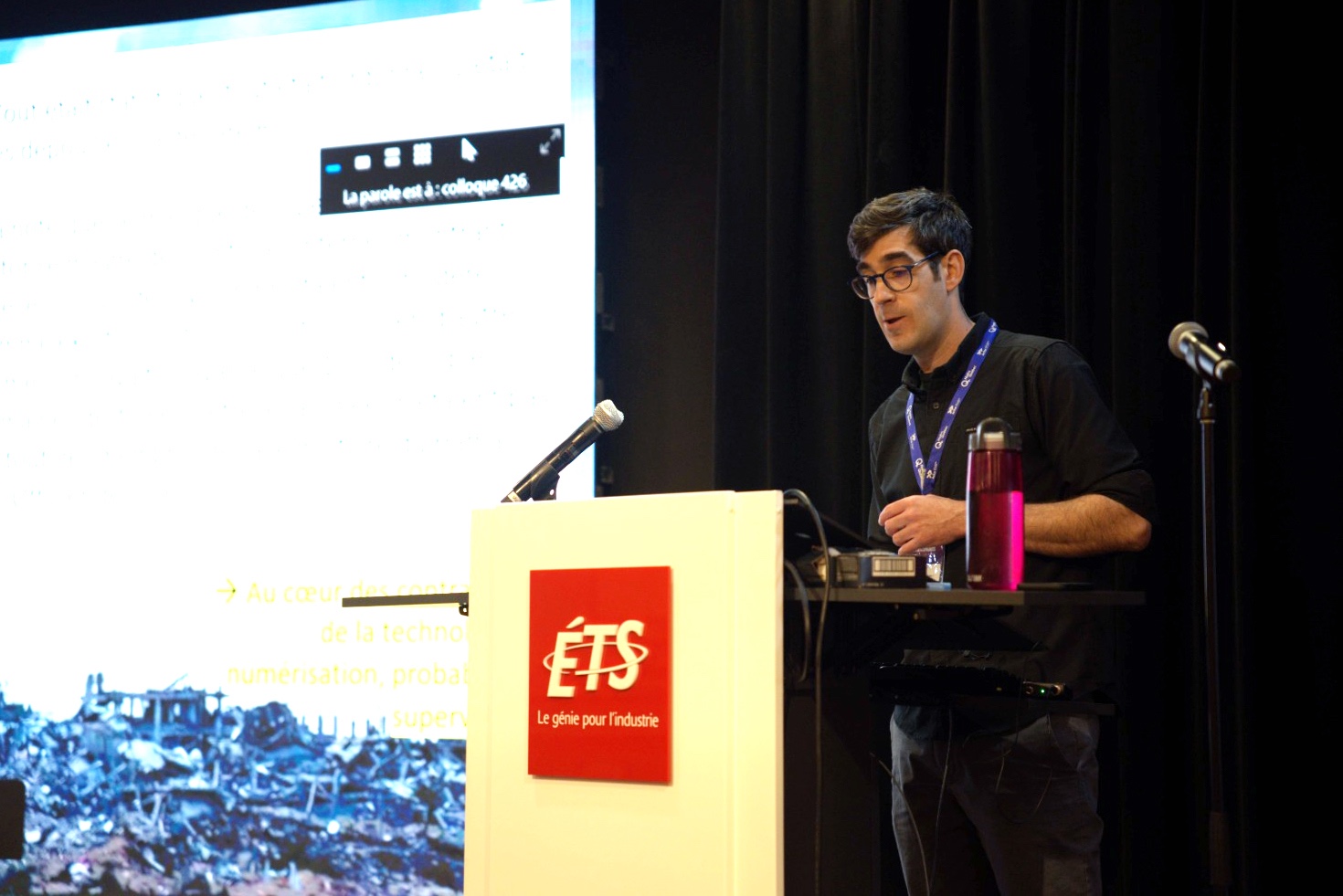
Technological Sovereignty
Dr. Cem Savaş, from Yeditepe University in Turkey, discussed how the French Tech initiative evolved from a startup support program into a strategic tool of state power. He described how France now uses this initiative to assert its digital and economic influence within Europe and reduce dependence on U.S. and Chinese platforms.
Savaş explained that French Tech has become a key component of France’s digital diplomacy, promoting the country as a hub for innovation and a magnet for foreign investment, strengthening its position in Europe’s digital economy.
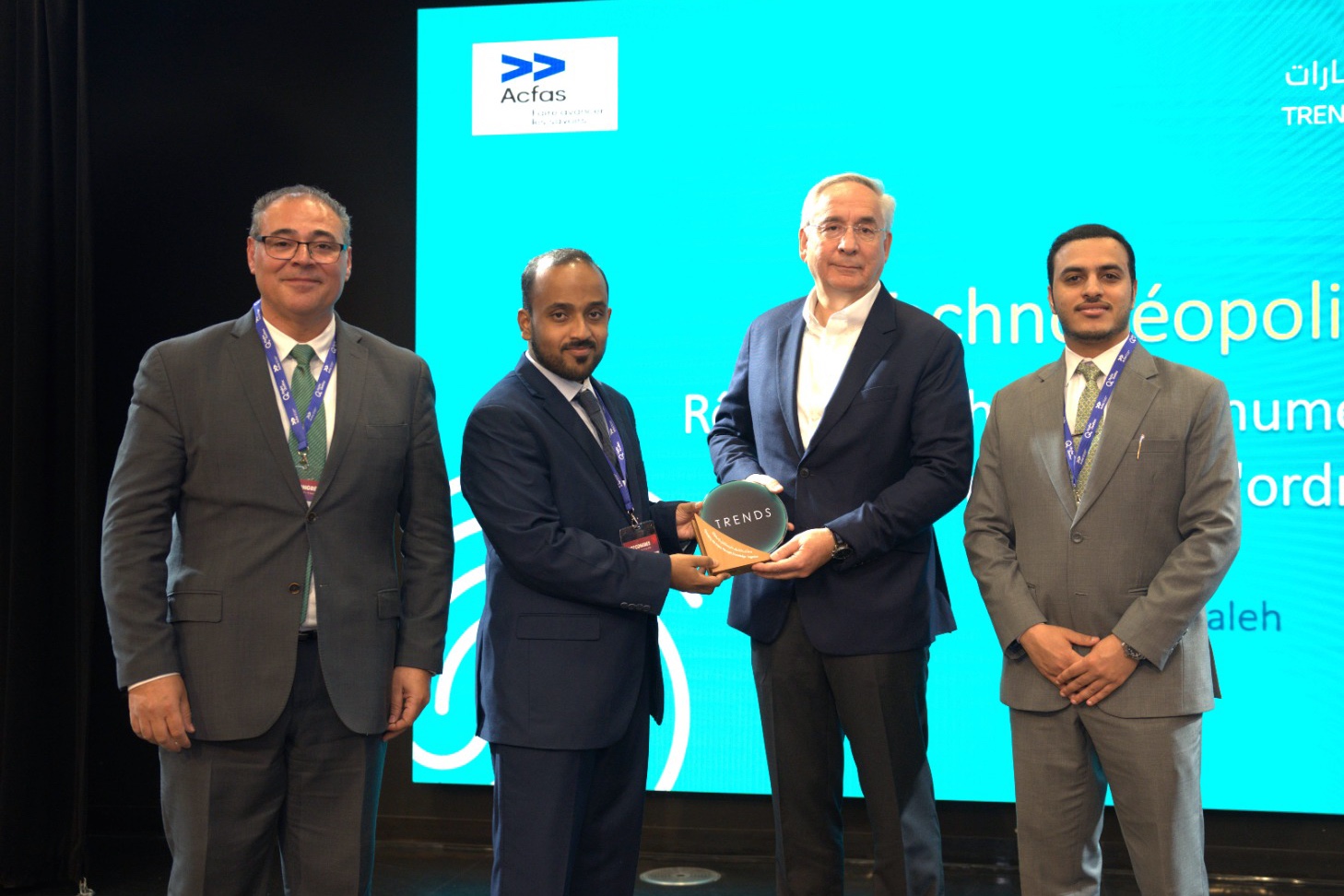
Geopolitics and AI
The second session, moderated by Dr. Patrice Brodeur from the University of Montreal, featured Dr. Karim Benyekhlef, Vice-Rector, University of Montreal. He discussed the geopolitical regulation of AI and how global competition to set AI governance standards reflects broader power struggles.
Benyekhlef emphasized that AI regulation is no longer a technical issue but a geopolitical one, with states using it to advance strategic interests. He called for more international cooperation to prevent regulatory fragmentation and rising tensions.
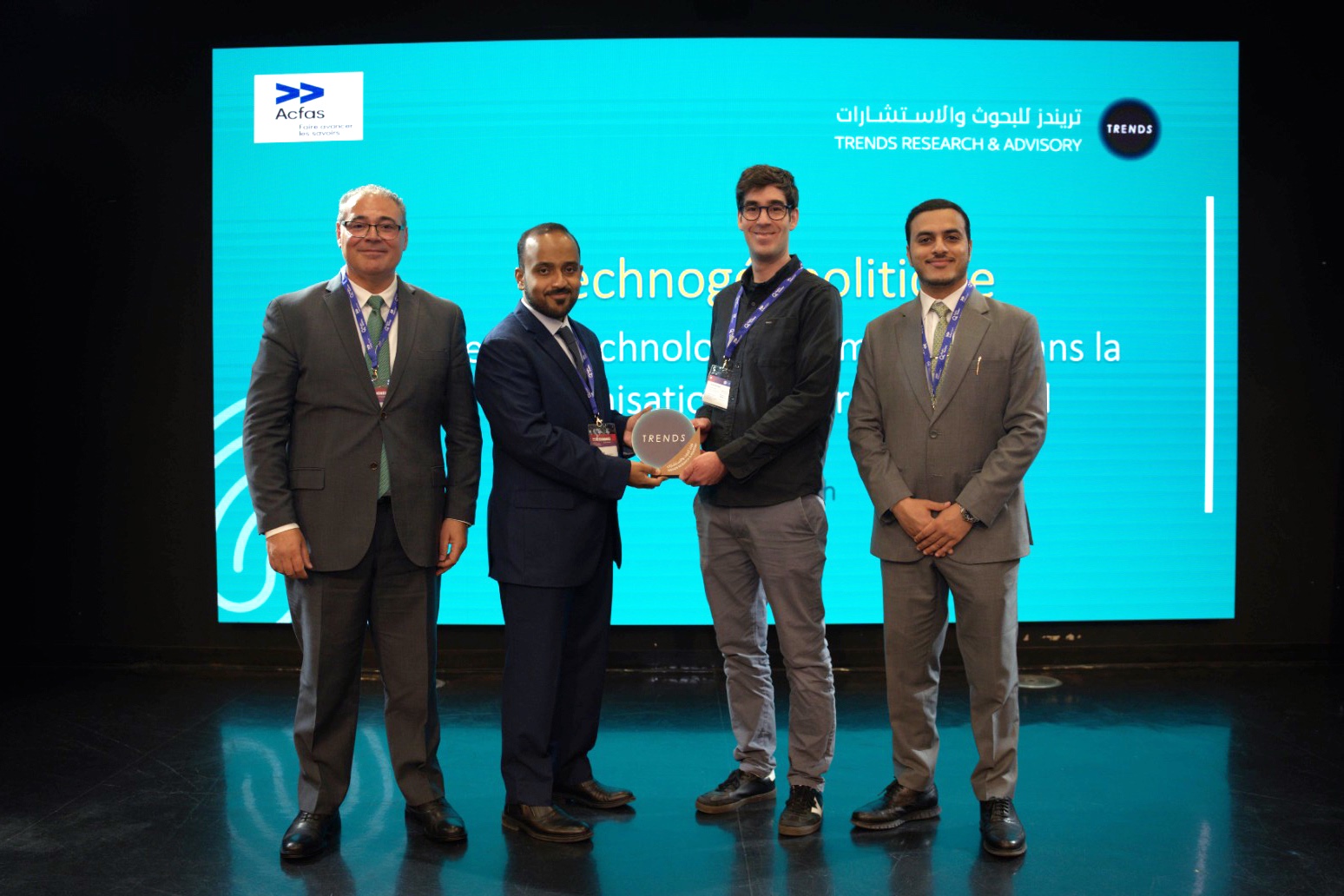
Military Technology
Dr. Simon Hogue, from the University of Quebec in Montreal, analyzed how the war in Ukraine has become a testing ground for advanced military technology, including drones and AI-enabled systems. Despite this, he argued that tech alone has not decisively shifted the balance of power in the conflict.
He also noted the broader societal dimension of the war, with civilians playing active roles through digital tools used for reporting and surveillance, blurring the lines between military and civilian engagement.
Digital Competition
Dr. Wael Saleh, Political Islam Advisor and Director of TRENDS’ Canada Office, emphasized that digital technology is now a core element of geopolitical influence. He noted that states no longer compete solely over natural resources or military power but increasingly over data control, digital infrastructure, and major technology platforms. He introduced the concept of techno-geopolitics, which reflects the strategic battle to dominate cyberspace as an extension of national sovereignty.
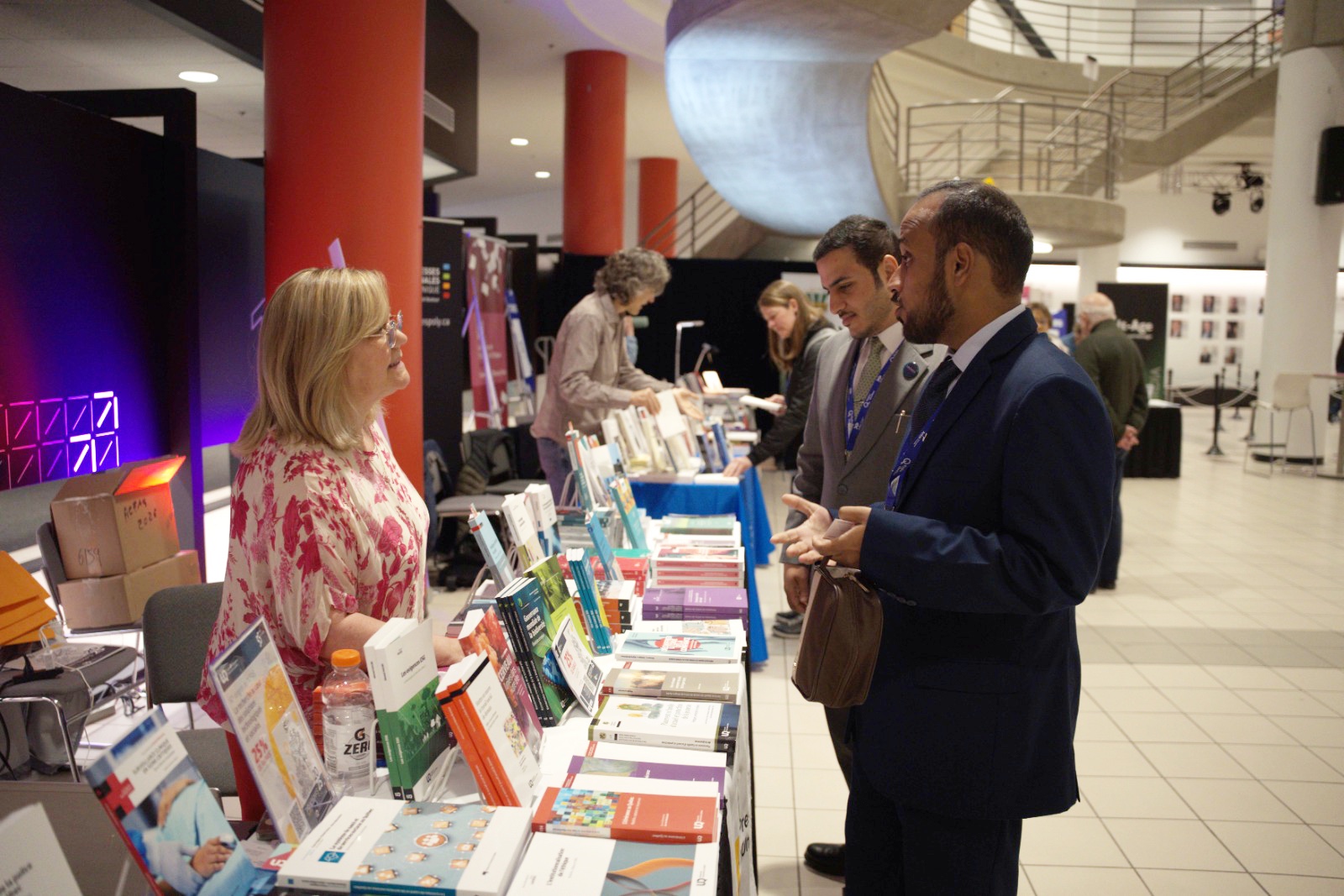
Cyber Defense
Saleh added that international relations today revolve around two key pillars: digital sovereignty and cyber defense. Nations are striving to reduce dependence on foreign technologies by developing local solutions to safeguard their data and institutions. Meanwhile, the growing importance of cybersecurity reflects the need to defend against escalating threats, with cyberspace now a critical battlefield affecting sovereign decision-making and global power balances.
On the sidelines of the conference, the TRENDS team visited the Annual Canadian University Expo held at ÉTS, where they explored the latest academic and research publications in technology and AI.



